STILL FLYING: Military COVID-19 humanitarian cargo missions from China to the Philippines
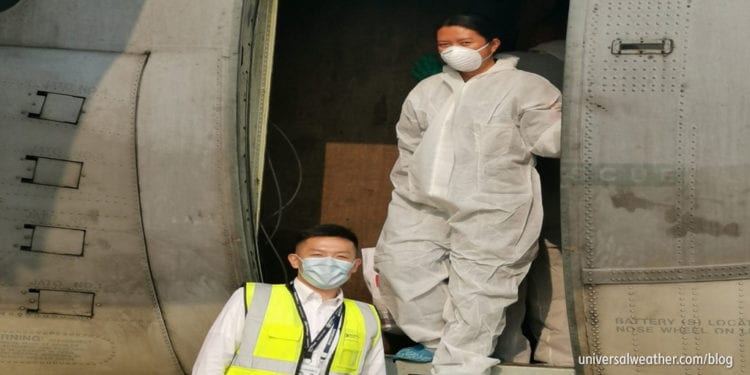
While news headlines focus on the decline of international travel, it’s important to remember that many essential and critical missions are still being conducted by the general and business aviation communities. Many of these missions save lives or reunite people with their loved ones. During a crisis like COVID-19, our industry shines.
In pre-pandemic times, mission lead times were measured in days. In the current COVID-19 reality, hours are now the norm. Every flight is urgent, and with lives on the line, every minute counts.
This was the case recently for three separate diplomatic COVID-19 missions flown by the Philippines Air Force to pick up donated medical supplies in China. All three flights posed their own unique challenges filled with uncertainty and constant changes.
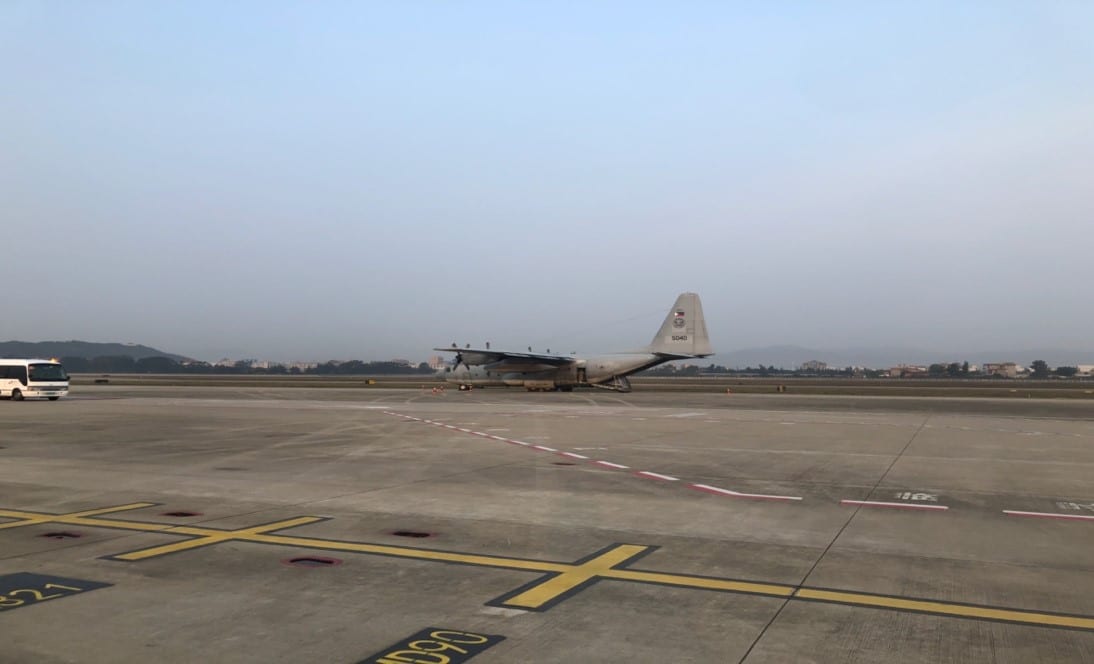
On a Friday afternoon in late March, just three hours before the end of Chinese Civil Aviation Authority working hours, we received a request by the Philippines Air Force to fly to Fuzhou Changle International Airport (ZSFZ) for a critical COVID-19 medical supply pickup.
To pull this off required all hands on deck for our entire Universal Aviation China team, working closely with our team members at Universal Aviation Philippines. The team worked with the airport to get approvals, communicate a potential visa issue with CIQ, and edit the paperwork as needed. Meanwhile, team member, Sam Liu, quickly grabbed his luggage and took the next commercial flight to Fuzhou to coordinate the mission on the ground. Sam spent the entire night working with the Airport Authority and CIQ to ensure the flight was allowed to enter and pick up its cargo.
Another mission request by the Philippines Air Force came in just five hours before arrival. This time the mission was to Quanzhou Jinjiang International Airport (ZSQZ). In situations with such little lead-time, accurate and timely communications are vital. There is zero room for slip-ups or misunderstandings. This involves juggling simultaneous communications with multiple agencies and stakeholders like the airport authorities, the relevant embassies, cargo forwarders, and donators of the medical cargo.
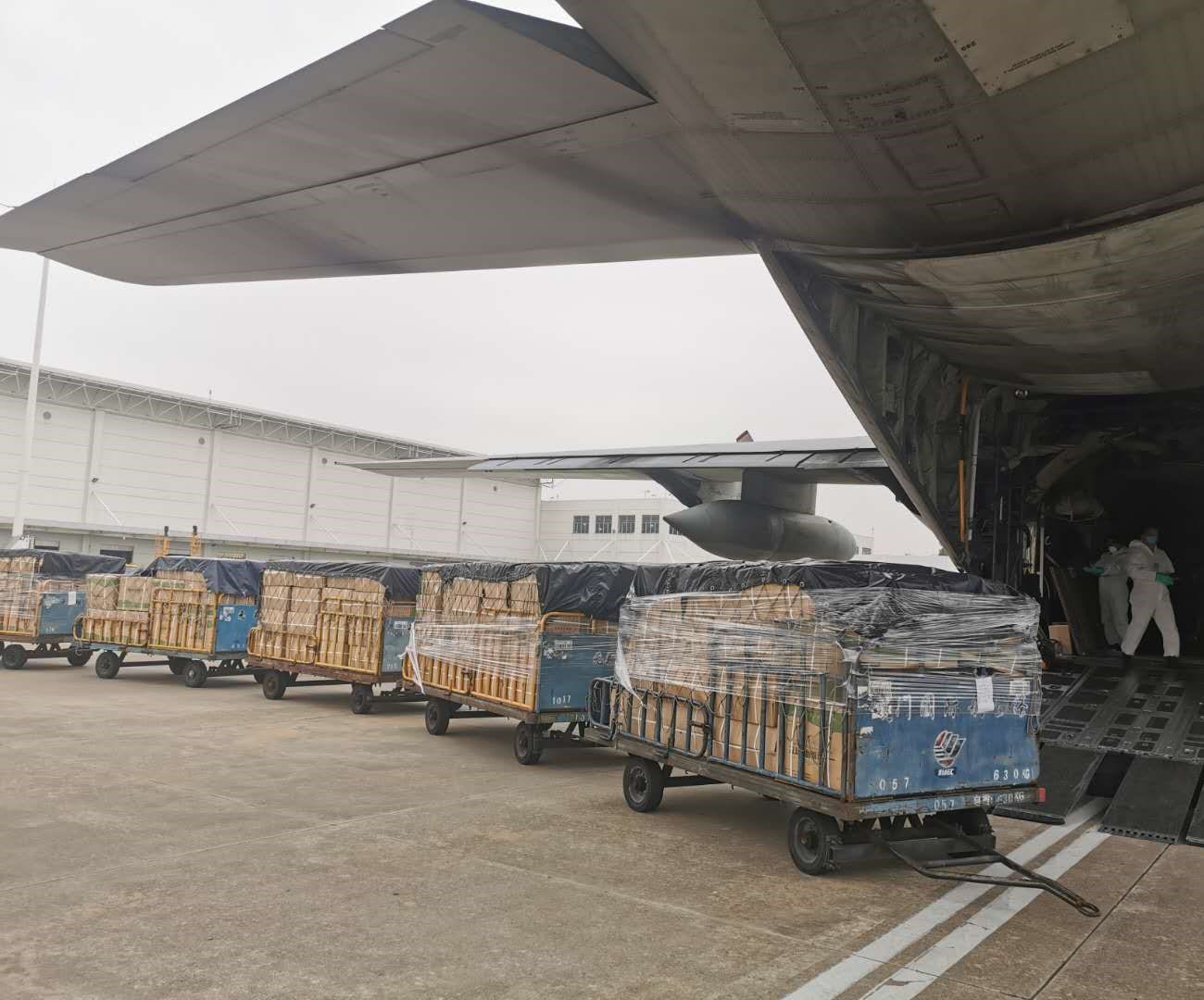
The success of these flights has led to additional cargo missions by the Philippines Air Force, including another medical supply pickup at Xiamen Gaoqi International Airport (ZSAM). Like the previous two missions, lead-time was minimal. Once again, however, the Universal Aviation China team was able to use its contacts and resources to quickly secure permissions from the authorities in Xiamen. The next day the Air Force’s transport aircraft arrived, and four hours later, all cargo was loaded, and the plane departed back to the Philippines.
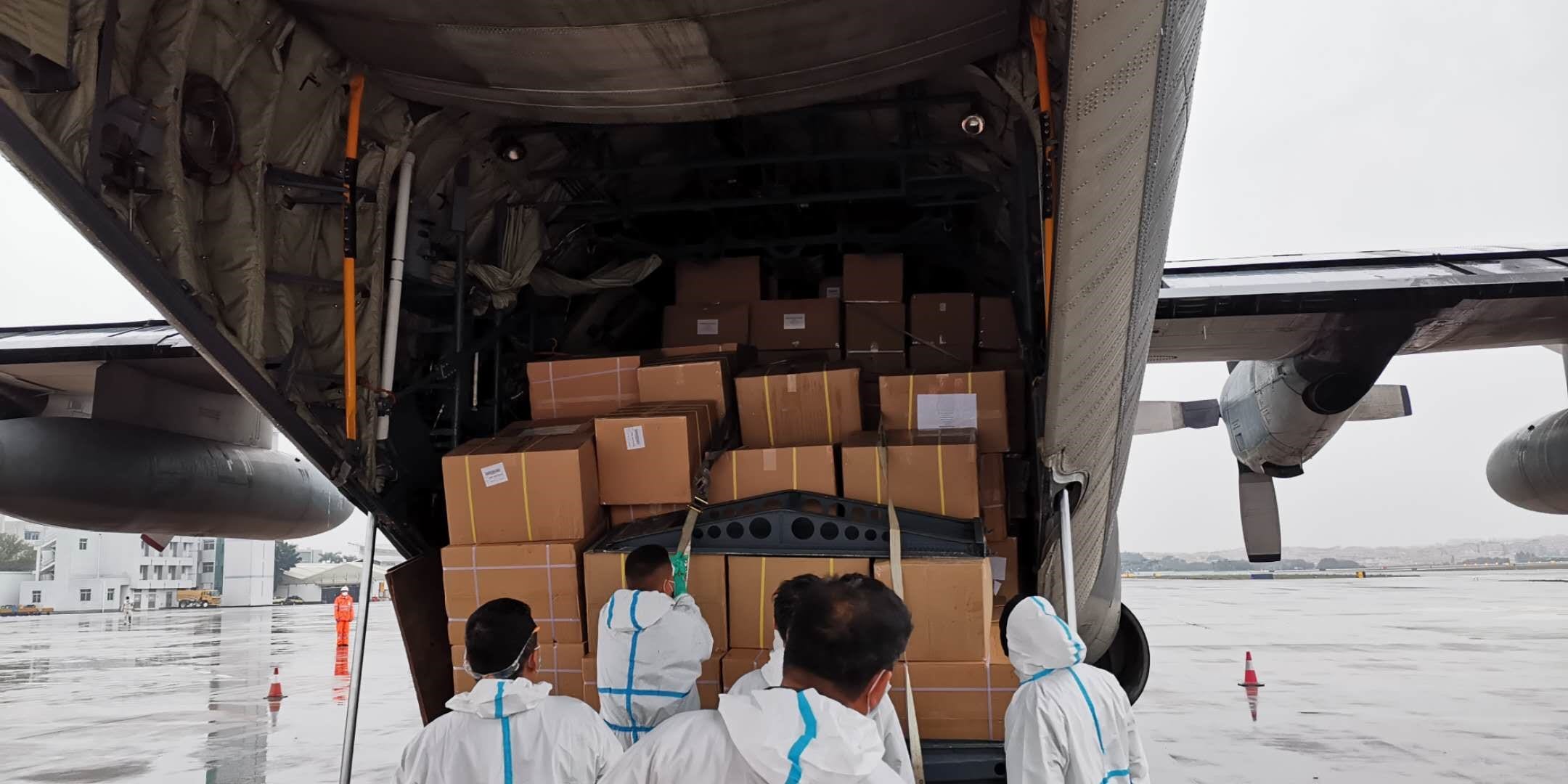
Ultimately, despite the challenges, stress, and short-notice, all three missions were a success. To pull off three such highly-technical missions on such a timeline is the result of the partnerships of service providers, governments, airport authorities, and the generous donators of the medical equipment.
We were proud to play a role in helping bring these critical medical supplies back to the Philippines, where they were needed desperately.
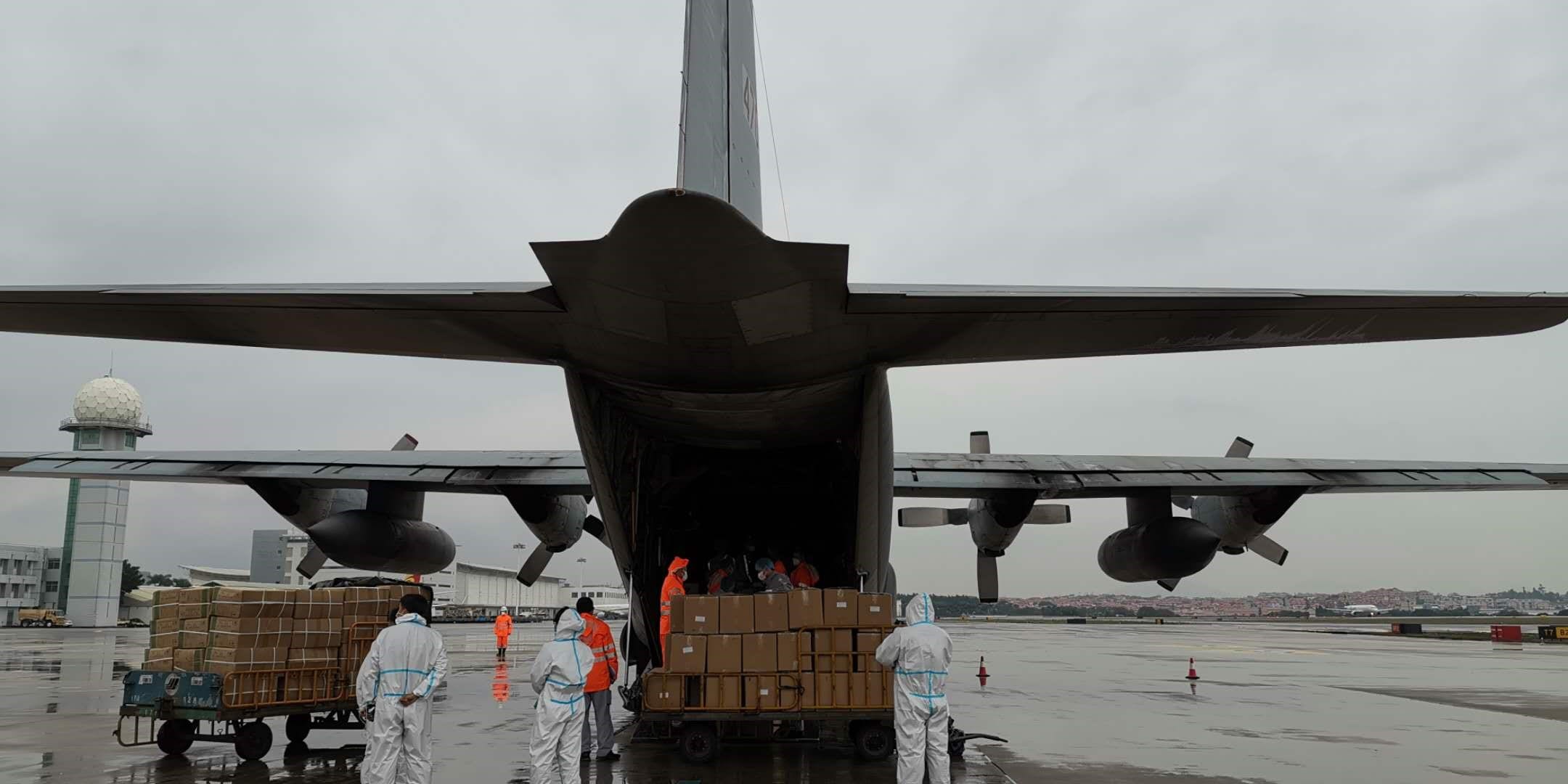
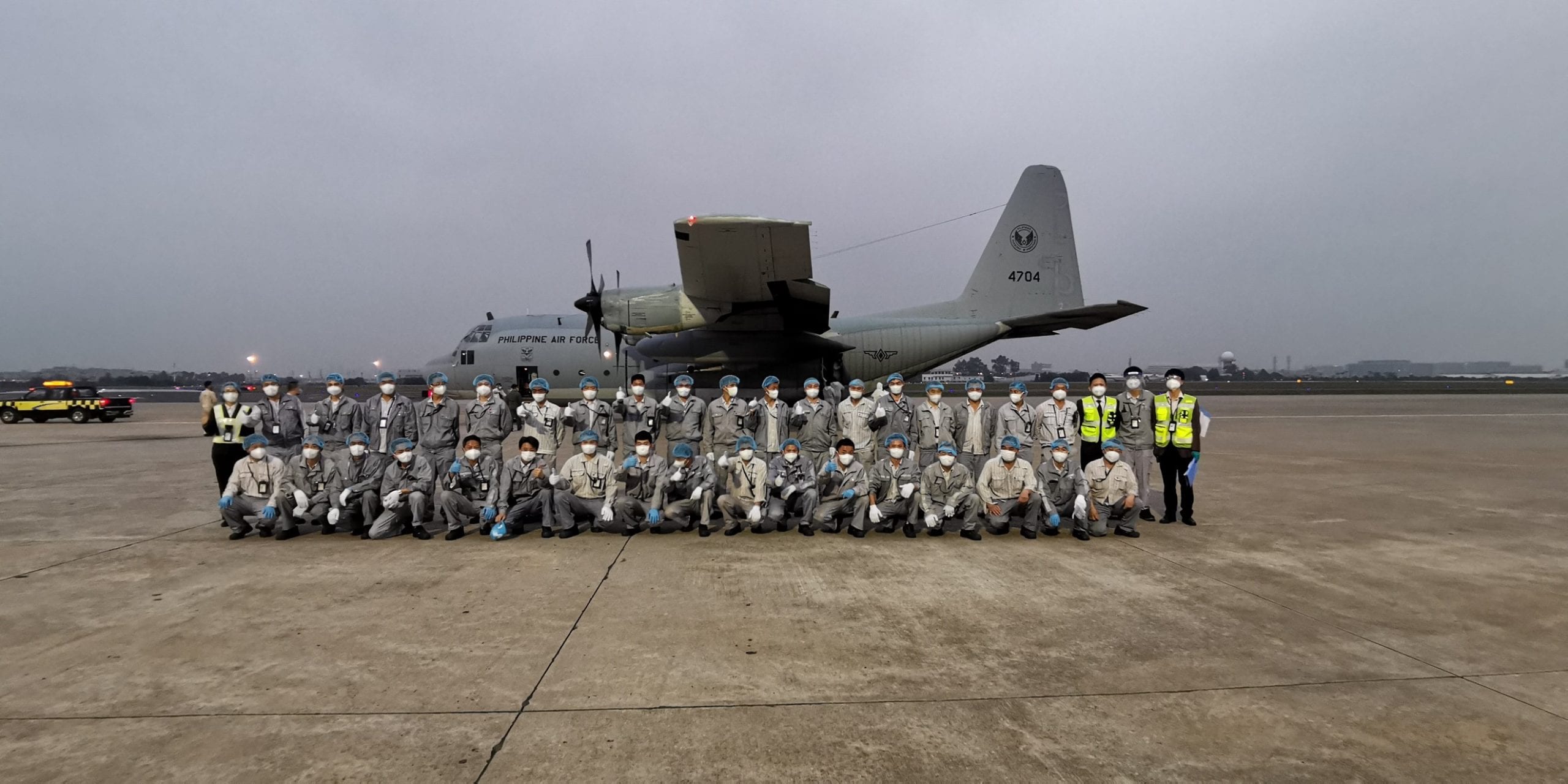
If you are considering a COVID-19 humanitarian cargo mission in China during this crisis, we are here to help. Universal is waiving all fees for trip feasibility assessments, research, and consultation services—even if we have to burn hours researching to get you the answer. Now is the time to come together as an industry, and as a community, to do whatever it takes to make these critical missions happen.




